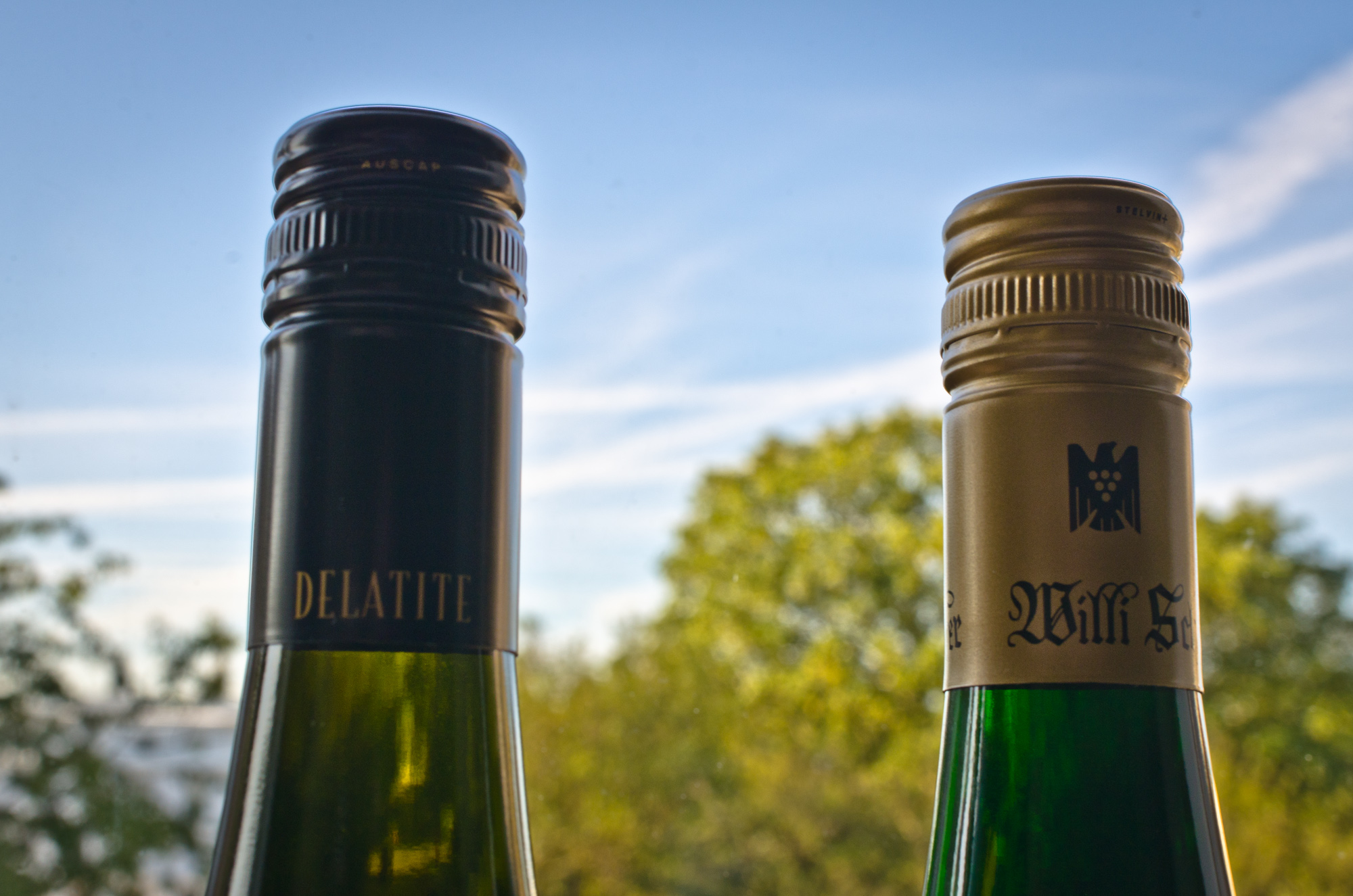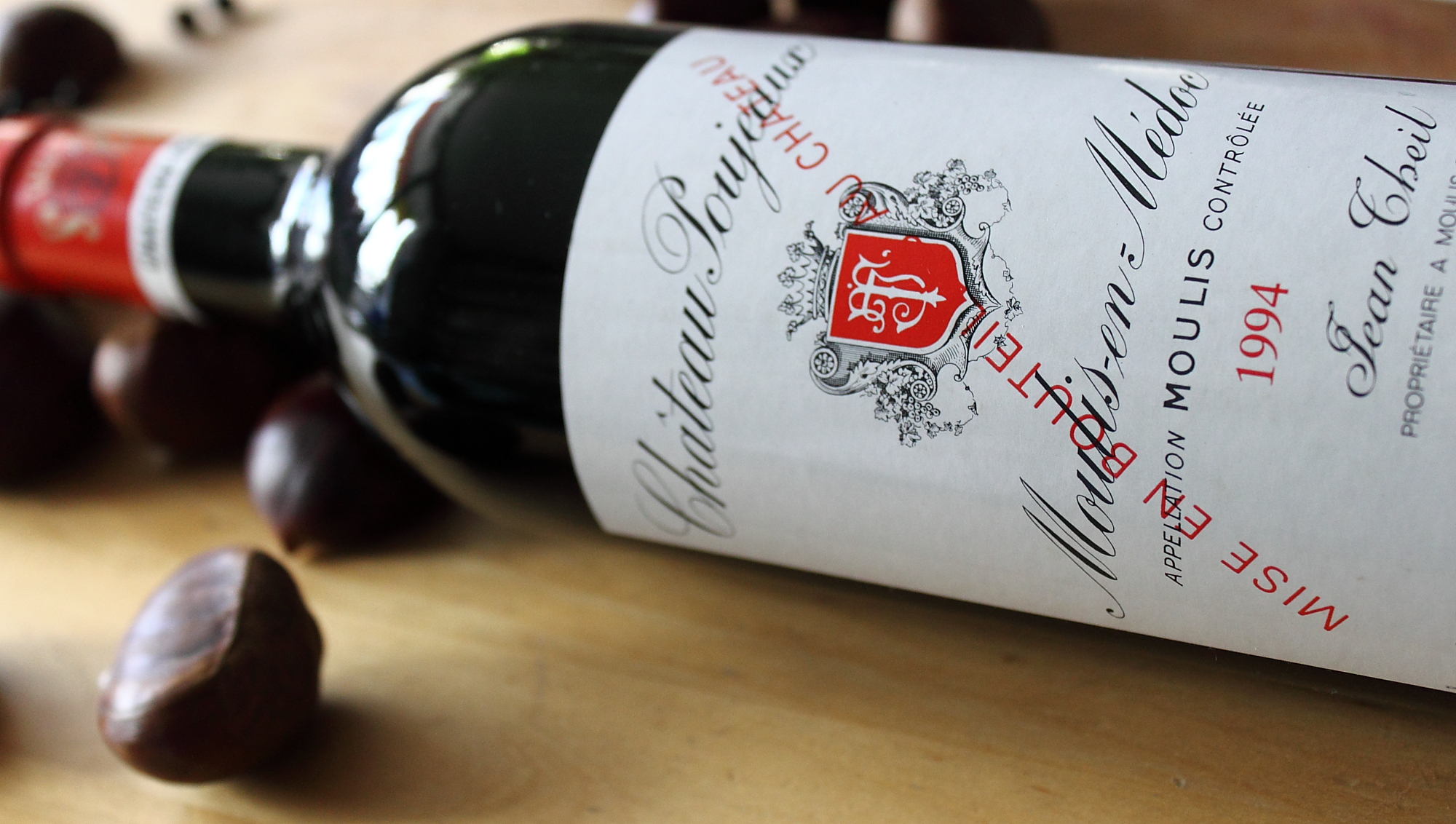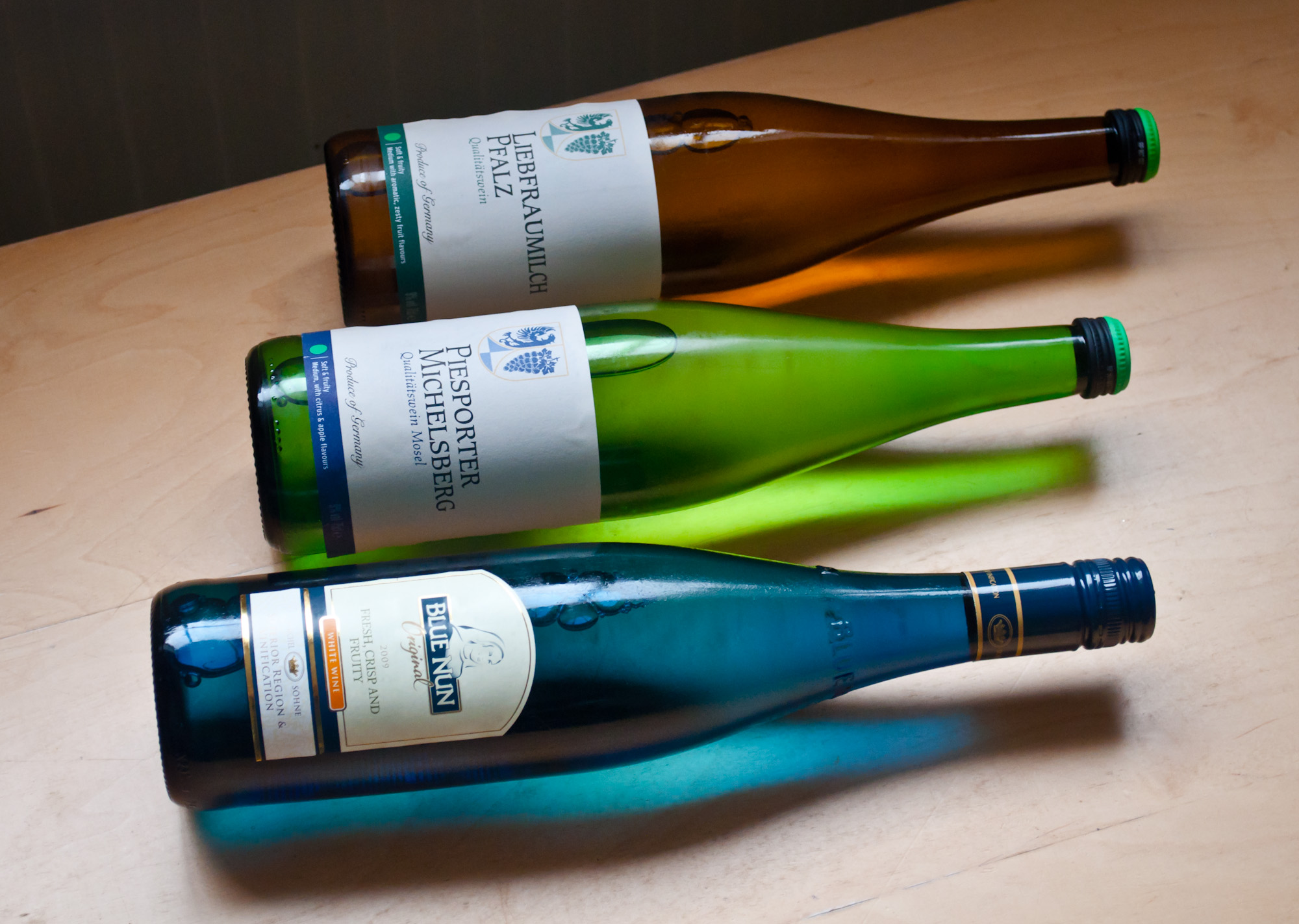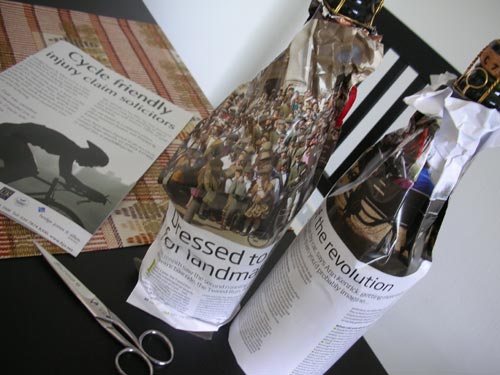Stop misleading customers and damaging the reputation of German wine - an open letter to Waitrose
Dear Waitrose,
You are not like every other supermarket. You were the first to sell organic food in the UK. You have a royal warrant to supply the Queen. You are owned by your employees. And through your wine business you have won much respect, including mine.

That is until you sold me a bottle of "Piesporter Michelsberg" under the label of "Legends of Germany" as "one of the most renowned wines of Germany". Admittedly, this has not the same shocking ring to it as labelling horsemeat as beef, nor is it a health risk or illegal. And yet you are misleading your customers, thereby damaging the image of a product you and others have worked hard to restore to former glory: German wine.









